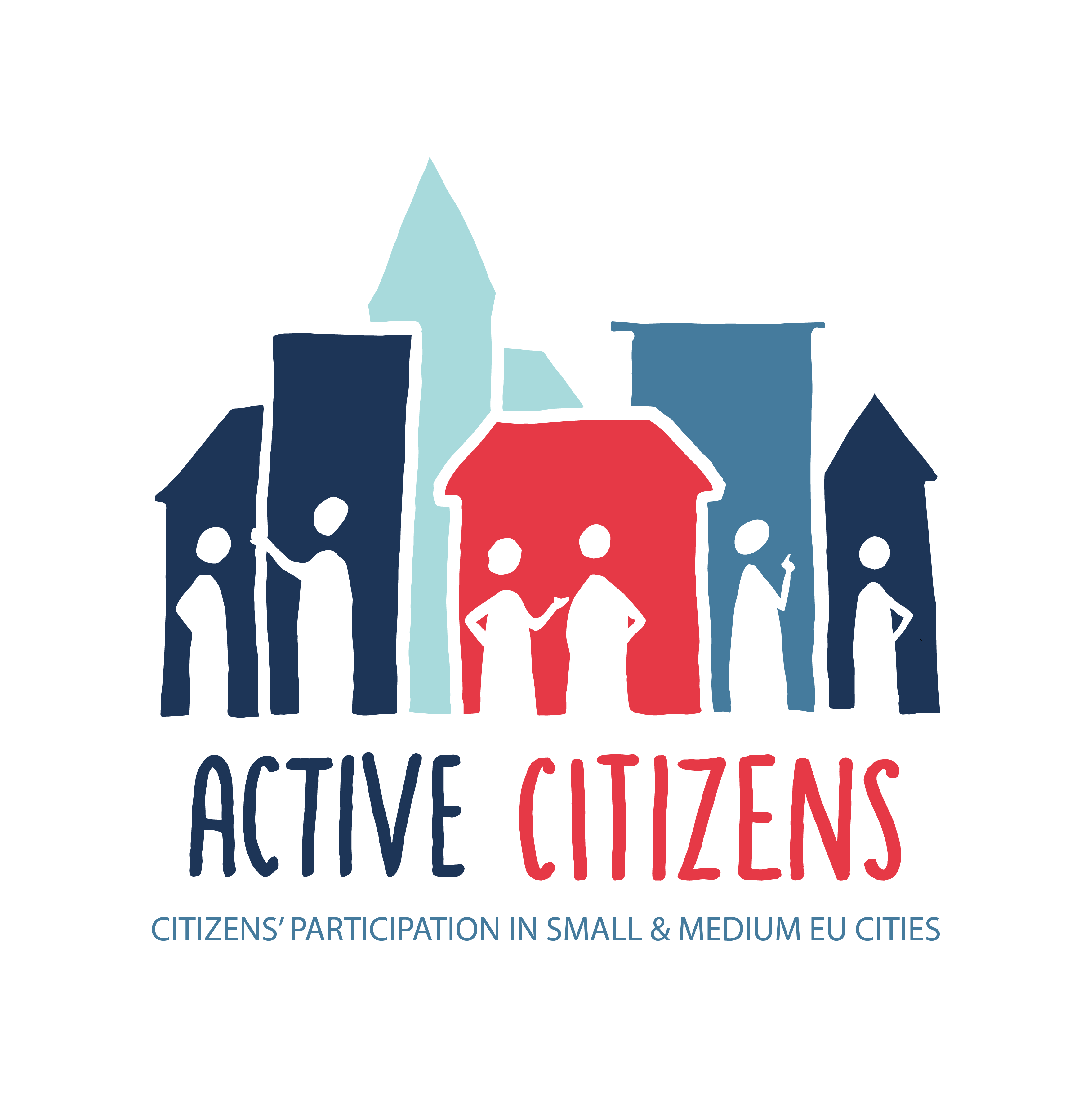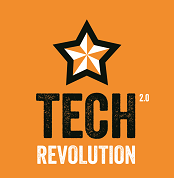News from our cities and networks
Edited on
25 March 2022Street redesign trials, fair data use, and more. Latest news from URBACT cities finding better ways to tackle urban challenges.
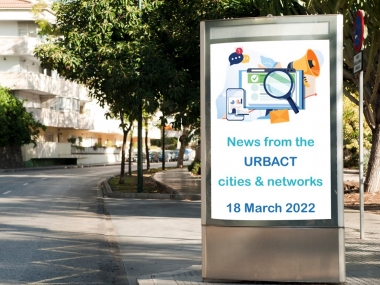
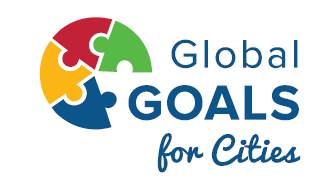 Imagine reaching our sustainability goals by 2031!
Imagine reaching our sustainability goals by 2031!
Take a trip into the future with Jihlava (CZ), Bratislava (SK), and Reggio Emilia (IT). Each city shares its vision of how the UN Sustainable Development Goals will be brought into action locally.
Also from the Global Goals for Cities network (GG4C), a clear outline of the Reference Framework for Sustainable Cities (RFSC) – and how GG4C cities are using it to “analyse, design, implement and monitor integrated sustainable urban development strategies”.
And finally, a story on building trust with the La Rochelle (FR) zero carbon project’s Citizen Committee.
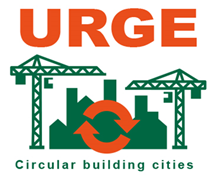 Testing green solutions in the building sector
Testing green solutions in the building sector
Why trial urban solutions on a small scale before rolling them out to city level? And how can URBACT help? Find out from the URGE network of ‘circular building cities’. A detailed introduction to the benefits of small-scale experiments, focusing on Munich (DE), Riga (LV) and Nigrad (SI).
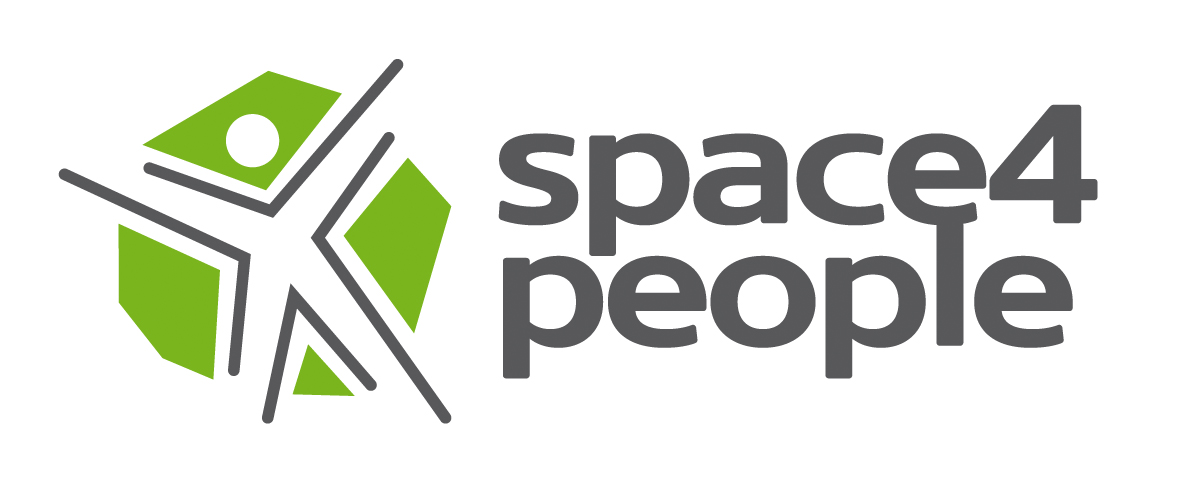 How to pilot a new street design
How to pilot a new street design
Here's a town testing out how to give more space to people, restaurants and green plants, and slow traffic, a partner in the Space4People network. After sparking debate by temporarily narrowing a road using moveable flowerpots, Valga (EE) is launching a competition to permanently improve its street design.
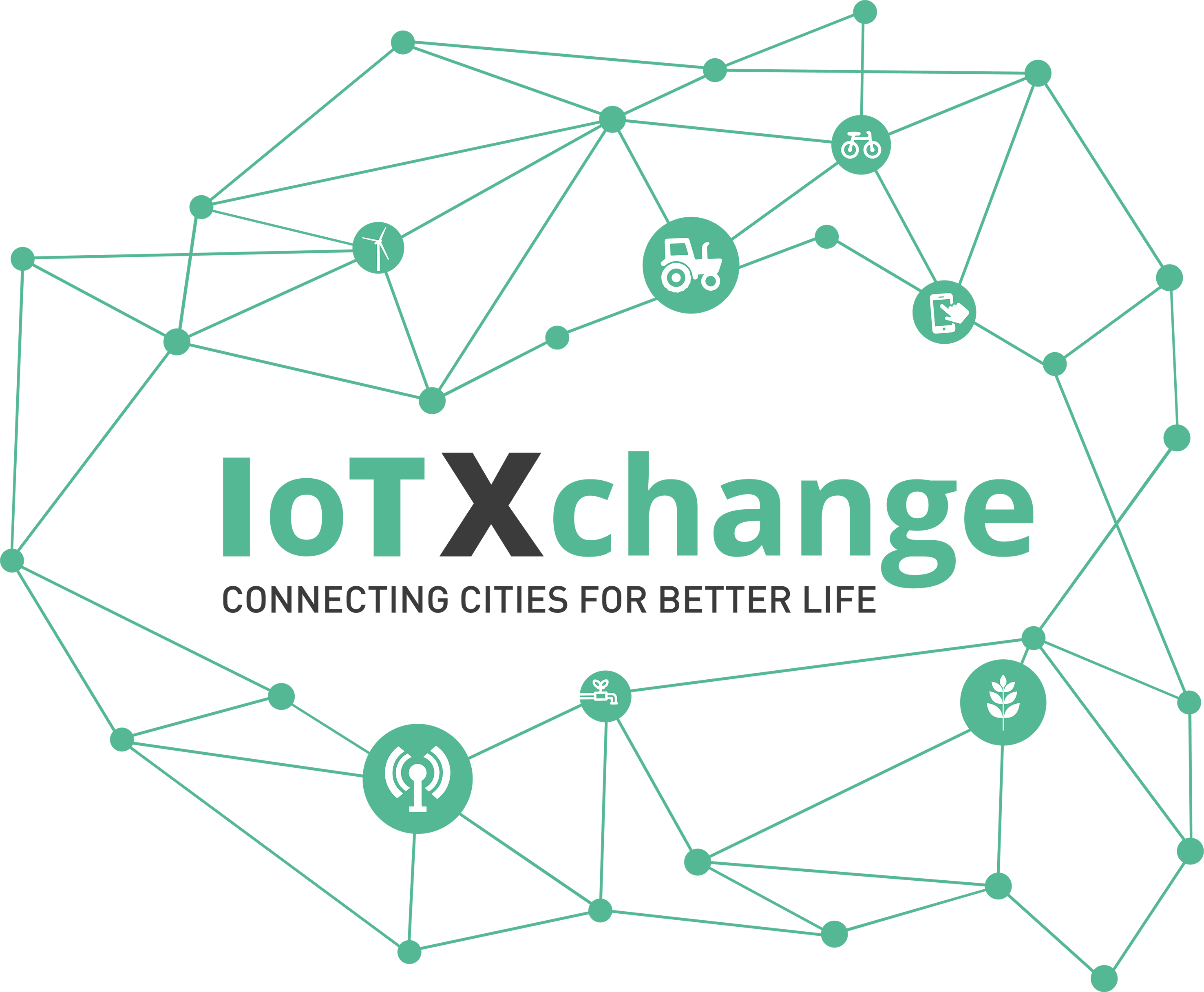 Trialing small digital urban solutions
Trialing small digital urban solutions
Two towns experimenting new ways to embrace digitalisation and improve quality of life – thanks to the IoTXchange network. Razlog (BG) started measuring and analysing local air quality. And Nevers (FR) linked up new sensors across its water network to enable the detection and prevention of leaks, and save 200 000 m3 of water and 140 megawatts of electricity each year.
Bistrita (RO) – partner in the ActiveCitizens network – set up a local event for stakeholders, including the mayor, to debate: “Is our city a place where young people can imagine, experience and practise a culture of civic participation and engagement?”
“The Healthy Cities Generator is a hands-on, practical planning tool designed to give actionable indicators for anyone looking to integrate health into planning.” Nine EU cities test their new solution for evaluating action plans for urban design, and visualising impact.
Meanwhile, partner city Bradford (UK) shares its experience of Covid and the new focus local public health and wellbeing – with one cycle route seeing a 90% increase in weekend traffic!
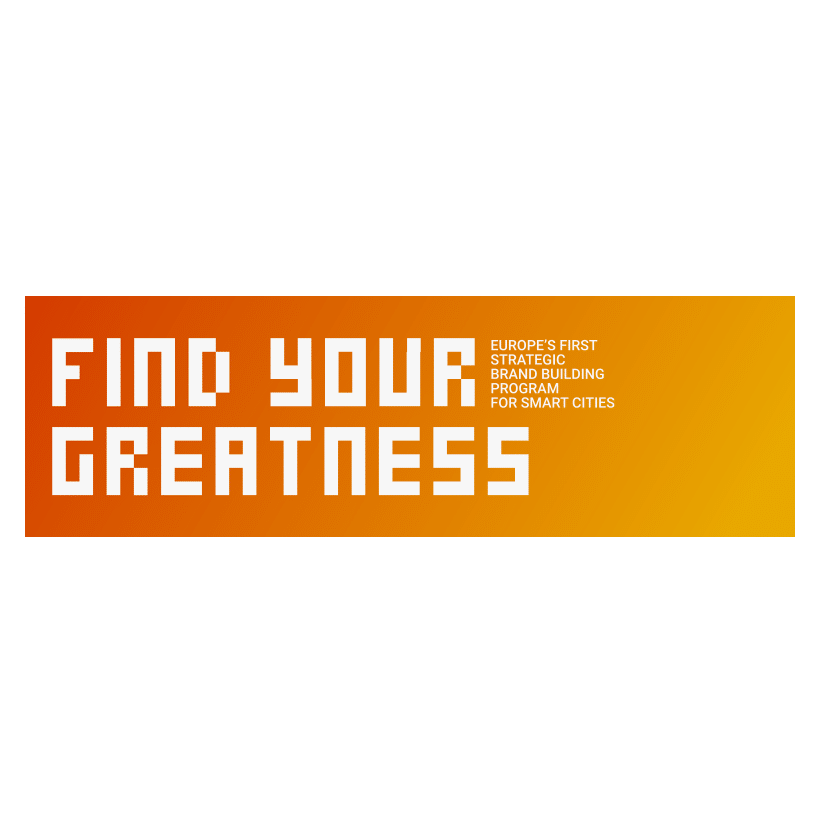
Partners in the Find your Greatness network are trialing a range of ways to strengthen their towns’ brand identity – whether it’s to attract start-ups or young families, wine-lovers or tech innovators.
![]() Space for all, with or without Covid
Space for all, with or without Covid
More signs of the pandemic impacting mobility, sustainability and the use of public space in EU cities. The RiConnect network’s latest articles highlight some positive public space transformations, with examples from Vienna (AT) and the metropolitan area of Barcelona (ES).
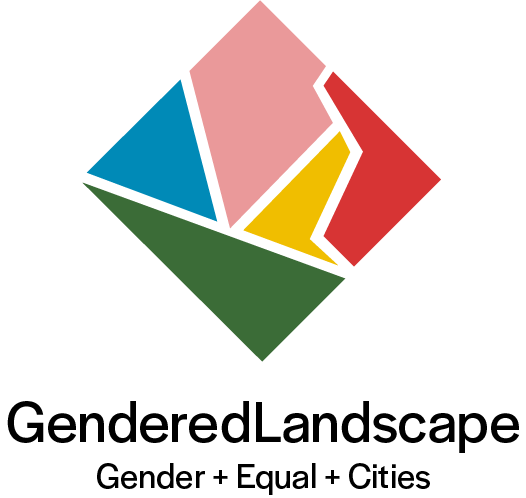 Gender, power, IA, housing… and how to tell it
Gender, power, IA, housing… and how to tell it
“Gender and urban development are intimately interrelated.” This week the GenderedLandscape network highlights two areas where EU cities can ask more questions to help fight gender-based inequality and discrimination: new smart city tech, including AI and data collection (a two-minute video by Umea (SE); and housing policy, where there’s a growing interest in variable housing models.
Also see this article on ‘Telling the story of Gendered Landscapes’.
Cities in Belgium and Lithuania tell their stories of joining the Tech Revolution II network. From a first meeting in Barnsley (UK) to a new digital local group and new cross-cutting connections bringing stakeholders together with various city hall departments and projects.
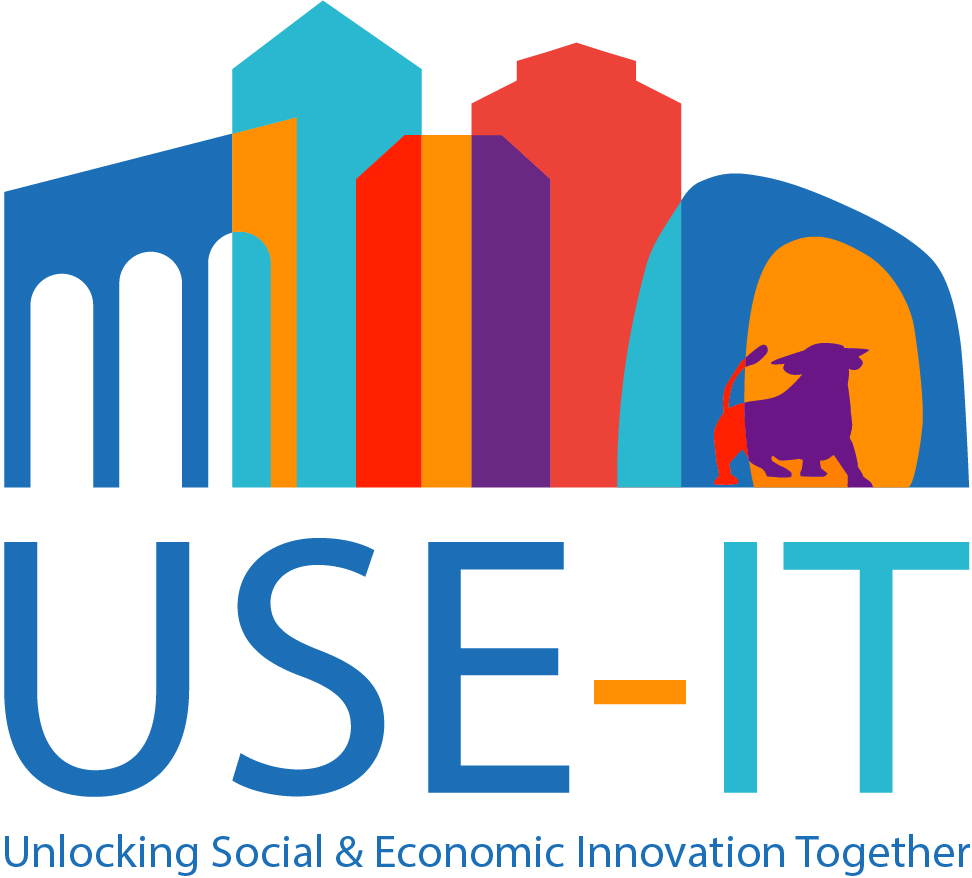 Good practice transfer across a city
Good practice transfer across a city
Two short accounts to get a glimpse of how Birmingham (UK), lead partner of the USE-IT! network, is transferring its UIA experience from the west to east of the city. Actions include bringing local groups together to revive interest in their inner city neighbourhood park.
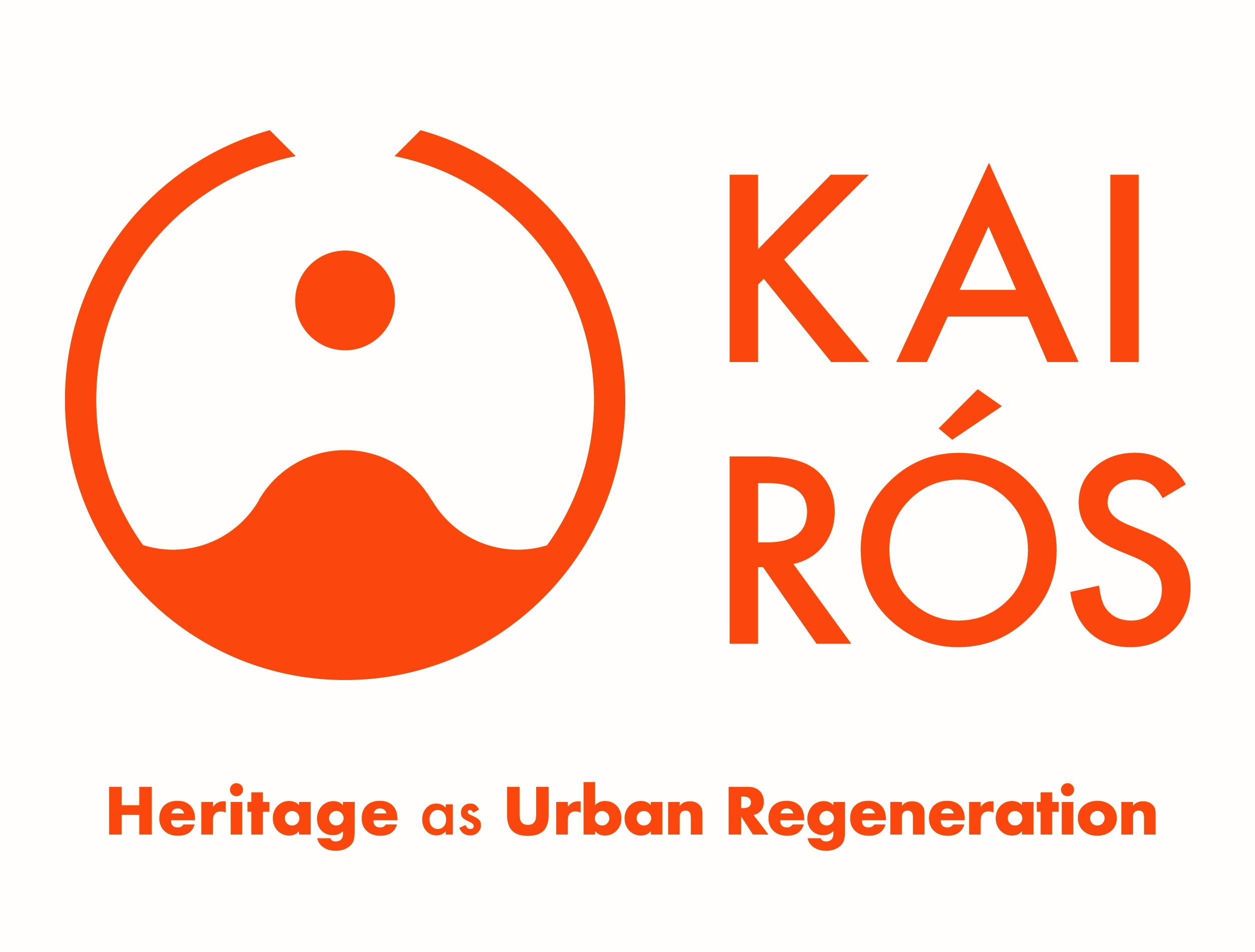 Meet the Mayor of Šibenik (HR)
Meet the Mayor of Šibenik (HR)
Heritage-led regeneration requires significant investment, stakeholder mobilisation – and political backing. In the latest KAIRÓS network interview, Mayor Željko Burić shares plans to revive the city’s historic centre and amazing old fortresses to attract visitors and improve residents’ lives.
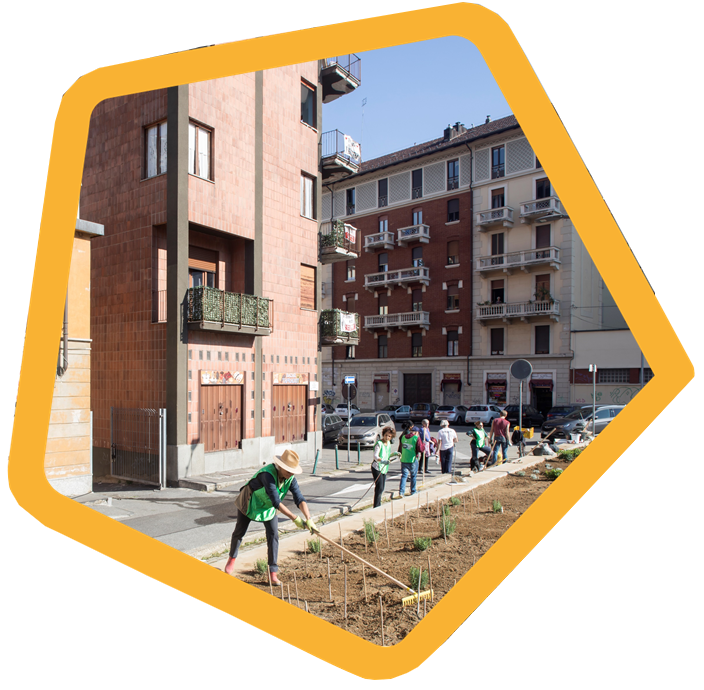
Read our publication for stories from cities understanding, adapting and re-using URBACT Good Practices: Good Practice Transfer – Why Not in my City?
We hope you enjoy this URBACT city news round-up. If you have any news to share from URBACT cities, or ideas for more stories on sustainable urban development, get in touch!
URBACT promotes sustainable, integrated urban development, supporting exchange and learning between EU towns and cities. Since its launch URBACT III has enabled the creation of 83 networks involving 454 cities from 28 countries. Almost half of these cities have populations of under 100 000. Ongoing projects include Action Planning Networks, Transfer Networks, and National Practice Transfer Initiatives. Meanwhile five networks are transferring urban solutions from UIA projects, and another is localising the Sustainable Development Goals.
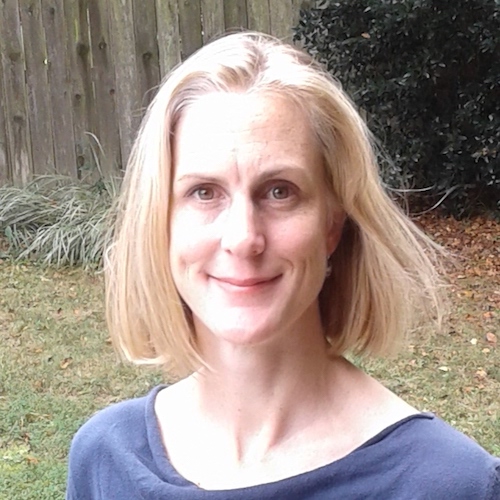 Submitted by Amy Labarrière on
Submitted by Amy Labarrière on

